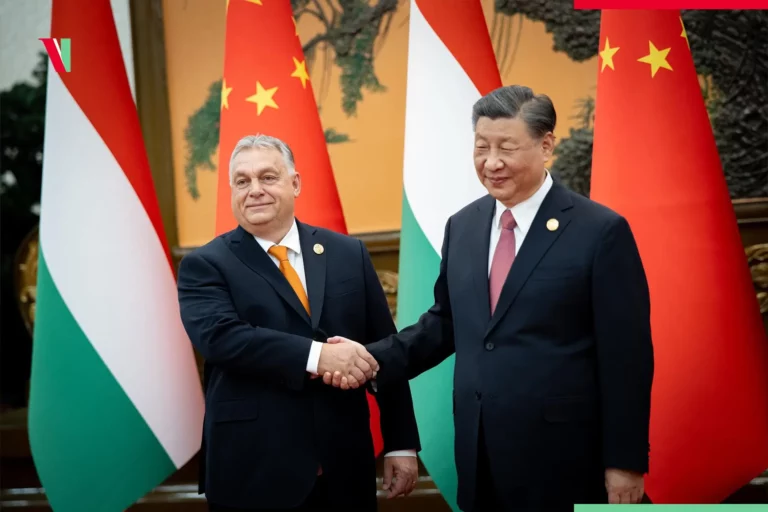Russia
Transcarpathian Hungarians at risk: Russian strikes threaten secret Ukrainian facility just 12 km from Hungarian border

Croatian defence minister: Hungary wants territories from Croatia, supports Putin with Serbia

Opposition statements: Orbán spat in the face of 1956 heroes, ‘Russians, go home!’

Tisza Party abstains in EP vote on Ukraine support

Revealing survey: What Hungarians truly think about the war in Ukraine

Polish TVN in the crosshairs: Hungarian TV2 owner plans bold acquisition amid Russian influence fears

NATO, EU diplomats boycott Budapest mayor’s “Peace Tree” planting since Karácsony invited Russian, Belarusian ambassadors

Hungarian foreign minister talked about a “red line” concerning Ukraine

Will Hungary be thrown out of the Schengen Zone for letting Russians into the EU?

Hungarian refugee in Russia, Béla Kovács, accuses Western media of misleading public

Hungarian Foreign Minister says Russia’s 2021 security proposals to end Hungary’s NATO membership acceptable? Ria Novosti interview and denial – VIDEO

Hungarian foreign minister condemns Kamala Harris for labeling Orbán an autocratic dictator

Orbán cabinet will continue to block EUR 45 billion loan scheme for Ukraine until the US elections

Cooperation with Russian Gazprom ensures supply and great price for Hungary, foreign minister says in Russia – UPDATE: agreement signed

Válasz Online: Hungary’s strongest allies view PM Orbán as a traitor

Hungarian PM Orbán blackmailed by Putin? – UPDATED

Historian: The Hungarian people won’t learn Chinese, just like they didn’t learn Russian – Hungary belongs to Europe

State-owned Hungarian energy company can conquer Romania’s market after large-scale acquisition





 ZH
ZH IT
IT DE
DE HR
HR NL
NL FR
FR JA
JA RO
RO RU
RU ES
ES TR
TR
